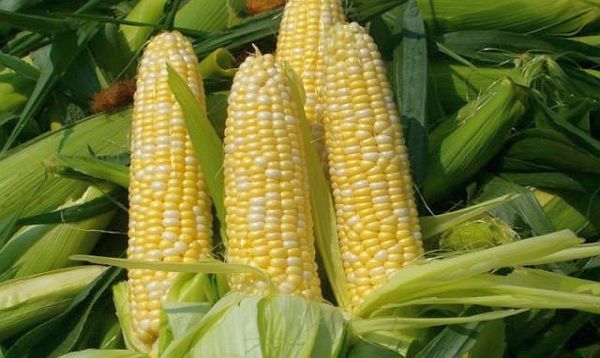Mexico City - Thousands of Mexican small farmers are demanding that the renegotiated North American Free Trade Agreement do away with that accord's agricultural chapter, saying it is unfair and has caused them great economic hardship.
"In these years of the North American Free Trade Agreement, the lack of public policy in favor of the countryside has forced 6 million hectares to be taken out of cultivation," Jose Jacobo Femat, the national president of the Confederation of Peasant and Popular Organizations (Cocyp) told EFE.
Femat says 100,000 agricultural experts who once worked in public institutions and government programs have lost their jobs, 50,000 agricultural engineers are no longer employed in the countryside and millions of Mexicans in rural areas get by on less than the minimum wage as a result of that NAFTA chapter.
The representative of Cocyp, which is part of the National Board of Fisheries and Rural Organizations (Conorp), an organization that represents some 200,000 small producers, said that NAFTA section caused a large portion of the peasant population to fall into poverty and extreme poverty.
According to the National Council for the Evaluation of Social Development Policy (Coneval), Mexico's poverty rate stood at 61.1 percent in rural areas and at 41.7 percent in urban areas in 2014.
The biggest problems, Femat says, are free price-setting, lack of government control and the fact that exporters and intermediaries buy farm products at a paltry cost and then turn around and sell them for a big profit.
 |
One of these producers, Ricardo Gabriel Hernandez, is a native of the western state of Jalisco and father of six who grows corn, one of the commodities most heavily traded between Mexico and the United States.
"The free-trade agreement hits us hard because of the competition we face from the United States. A Mexican farmer isn't the same as a 'gringo.' They have more land, more machinery and more technology. It's unfair competition," he told EFE.
The price of corn – one of Mexico's staple products – is now determined by the Chicago Board of Trade, whereas there used to be guaranteed minimum prices.
The local market also reflects the price pressure caused by US competition, as Hernandez receives around 3,500 pesos ($197) per ton of corn, a product that is later sold to tortilla manufacturers for 5,500 pesos per ton.
Most worrying is that the amount rural farmers earn from the corn they sell is nearly equivalent to the cost of growing and harvesting the crop, he said.
Against this backdrop, Conorp has said it will lobby for a popular plebiscite to decide whether to exclude "Chapter 7: Agriculture and Sanitary and Phytosanitary Measures" from NAFTA, which links Mexico, the US and Canada and has been in force since 1994.
Conorp is currently pressuring legislators to call for this referendum, a process that the National Electoral Institute could organize next year.
That means a race against time because the NAFTA renegotiation process demanded by U.S. President Donald Trump's administration kicked off yesterday, with both the Mexican and United States governments eager for it to conclude prior to key elections in those countries in 2018.
Original article


